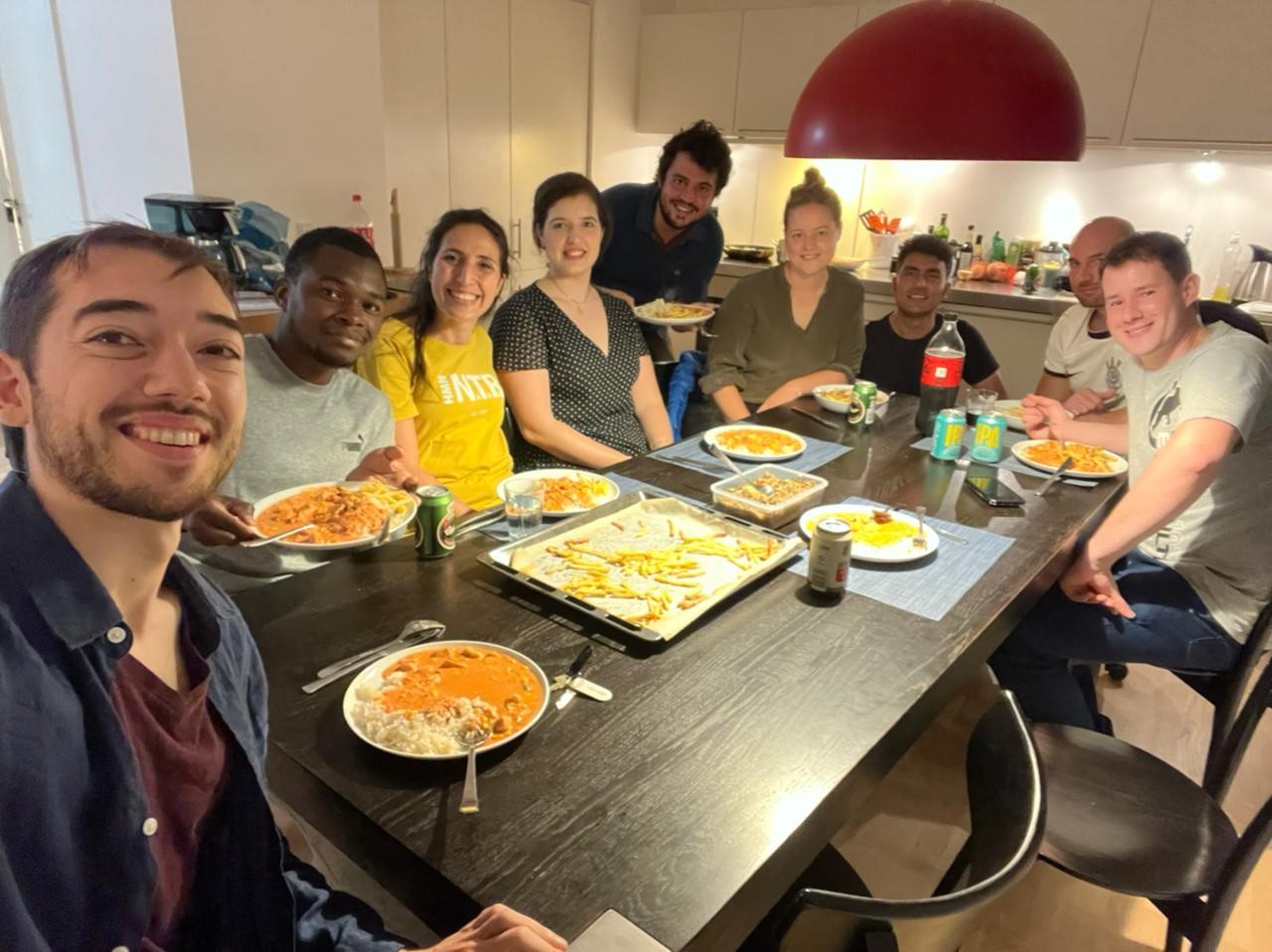A secondment experience at University of Copenhagen
By Aslihan Ural (ESR 13)
Last September-November, I conducted my secondment at the University of Copenhagen under the supervision of Prof. Sander Bruun. During this secondment, I attended the course of Life Cycle Assessment (LCA) within Biological Production Systems and had opportunity to learn modelling approaches to quantify nitrogen (N) and phosphorus (P) losses to the environment from various fertilizers. I also gained insights on the research areas of the Soil group.
LCA is an approach to assess the environmental burdens of any product through its entire life cycle. It is generally used to compare two products providing similar service or function. During the course, I learned the elements (e.g., goal and scope definition, inventory analysis, impact assessment) and types (e.g., attributional, consequential) of LCA; and understood benefits and limitations to make a comprehensive environmental impact assessment for a product or process.
 PLCI is a dynamic model and calculates actual crop P uptake and total P losses through leaching and erosion per country or regional scale as a function of soil type; crop type, coverage and yield; relative P fertilizer efficiencies of different bio-based fertilizers (BBF). The model outputs are based on the difference between a model run with the initial application of a BBF as compared to a model run without the initial application. ALFAM2 model is a semi-empirical dynamic model developed to estimate cumulative ammonia (NH3) emissions from field-applied animal manure/slurry as a function of application methods, slurry properties and weather. The model might be a useful tool to predict fertilizer efficiency of applied slurries, assess emission factors and quantify the effect of mitigation.
PLCI is a dynamic model and calculates actual crop P uptake and total P losses through leaching and erosion per country or regional scale as a function of soil type; crop type, coverage and yield; relative P fertilizer efficiencies of different bio-based fertilizers (BBF). The model outputs are based on the difference between a model run with the initial application of a BBF as compared to a model run without the initial application. ALFAM2 model is a semi-empirical dynamic model developed to estimate cumulative ammonia (NH3) emissions from field-applied animal manure/slurry as a function of application methods, slurry properties and weather. The model might be a useful tool to predict fertilizer efficiency of applied slurries, assess emission factors and quantify the effect of mitigation.
I concluded my secondment with a presentation on take home messages from the LCA course. I enjoyed my short stay in Denmark and getting to know people. I will never forget group breakfasts on Fridays and the Danish birthday song (that the group singed a capella in one of these breakfasts). Besides, I got the opportunity to spend more time with other ESRs of the FertiCycle Project with international dinners and enjoyed sharing experiences of PhD life.
